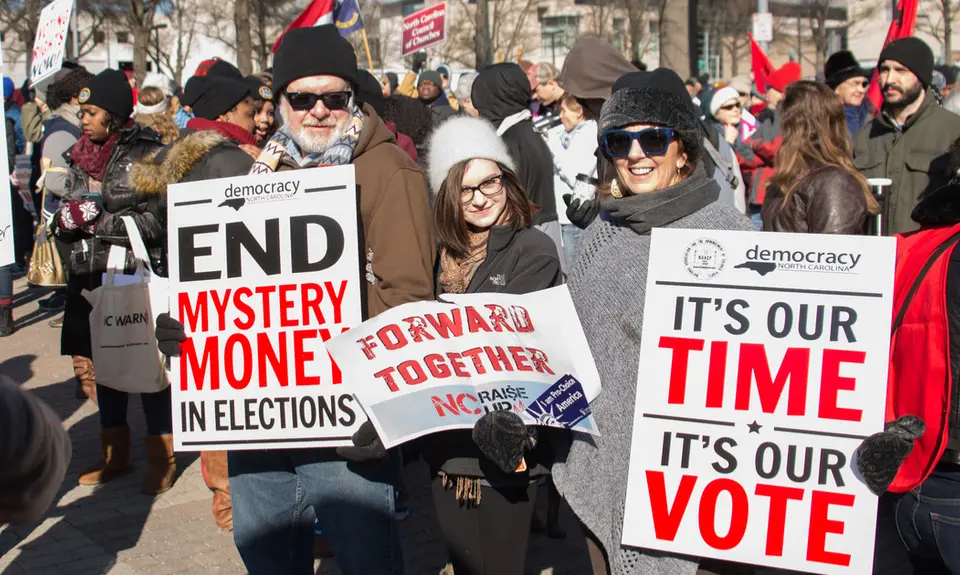Confirmed Judges, Confirmed Fears” is a blog series documenting the harmful impact of President Trump’s judges on Americans’ rights and liberties.
Trump Fourth Circuit Judge Julius Richardson tried in an April, 2019 dissent in Brandon v. Guilford County Bd. of Elections to deny attorneys’ fees to North Carolina voters who had successfully challenged Guilford County’s enforcement of a state law that redrew Greensboro City Council districts in violation of the Equal Protection Clause of the Constitution. The judge who wrote the majority opinion was a conservative appointed by President George H.W. Bush.
Lewis Brandon and seven other Greensboro voters filed a civil rights challenge concerning a state law that redrew city council districts and required Guilford County to enforce the law and ensure it was not changed. The plaintiffs did not sue the state because there was a strong argument that it could not be sued due to sovereign immunity. After lengthy legal proceedings, the district court ruled that the law was intended to provide a partisan advantage to Republicans and was unconstitutional because it violated the principle of one-person one-vote protected by the Equal Protection Clause. Although the court recognized that people who bring such voting rights cases are “ordinarily” entitled to receive attorneys’ fees from the defendants, the court denied fees because Guilford County was not involved in passing the law and did not defend it during the litigation.
In an opinion by Judge Paul Niemeyer, the court of appeals reversed. The majority explained that attorneys’ fees awards in civil rights cases are not intended to punish defendants, but to “enable potential plaintiffs to obtain the assistance of competent counsel in vindicating their rights.” As the majority pointed out, the Supreme Court has ruled that a lower court’s discretion not to provide fees to a prevailing party in such cases is “narrow,” and that boards like Guilford, even though they do not enact redistricting plans, are the usual defendants in such cases and are responsible for attorneys’ fees when the plaintiffs prevail, as the courts have held.
The majority thus concluded that the trial court had “abused its narrowly circumscribed discretion” and reversed the decision denying attorneys’ fees. But Judge Richardson would have deferred to the lower court and ruled against Brandon and the other voting rights plaintiffs.
